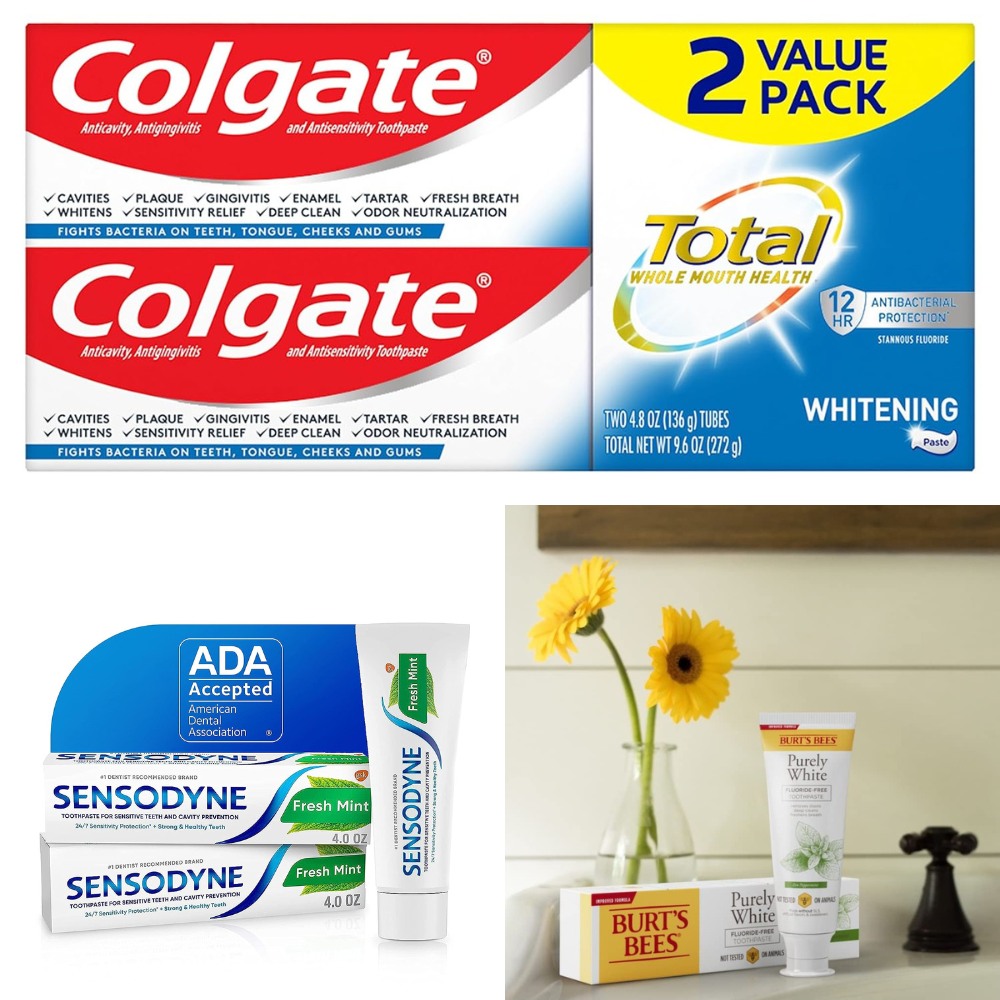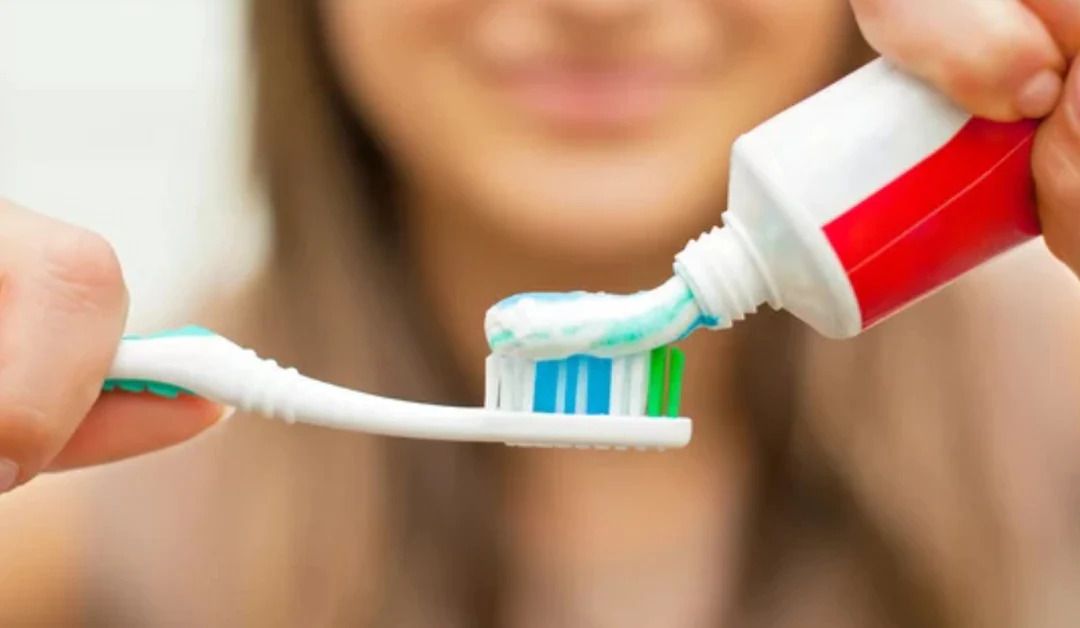Are you looking for a natural and effective way to whiten your teeth? Look no further than brushing with baking soda! Baking soda, also known as sodium bicarbonate, has been used for various purposes for centuries. Not only is it a staple in the kitchen, but it can also work wonders for your oral health. In this blog post, we will explore how brushing your teeth with baking soda can help whiten your teeth, remove plaque, and improve your overall oral hygiene.
The Power of Baking Soda for Teeth Whitening
Baking soda is a mild abrasive that can gently remove surface stains from your teeth, giving you a brighter smile. Its whitening power comes from its ability to break down the molecules that cause discoloration on the tooth enamel. When used regularly, baking soda can effectively reduce the appearance of stains and restore the natural whiteness of your teeth.
Enhancing Oral Hygiene with Baking Soda and Fluoride Toothpaste
While baking soda alone can provide some benefits, combining it with fluoride toothpaste can enhance its oral care properties. Fluoride toothpaste helps strengthen tooth enamel and prevents tooth decay while baking soda toothpaste removes plaque and neutralizes harmful bacteria. Together, these ingredients create a powerful duo for maintaining optimal oral health.
How to Brush Your Teeth with Baking Soda
Brushing your teeth with baking soda is simple and can be done in a few easy steps:
Wet your toothbrush and apply a pea-sized amount of fluoride toothpaste.
Sprinkle a small amount of baking soda onto the toothpaste on your brush. You can also create a baking soda paste by mixing it with water.
Gently brush your teeth using circular motions for about two minutes. Be sure to cover all surfaces of your teeth, including the front, back, and chewing surfaces.
Spit out the mixture and rinse your mouth thoroughly with water.
Finish by brushing your teeth again with fluoride toothpaste to remove any residual baking soda taste and provide additional oral care benefits.
The Benefits of Brushing Teeth with Baking Soda
Plaque Removal and Reduced Risk of Gum Disease
Baking soda's mildly abrasive properties make it effective in removing plaque biofilm from your teeth. Regular use includes baking soda can help reduce the risk of gum disease by preventing the buildup of oral bacteria and maintaining a clean oral environment.
Natural and Affordable Teeth Whitening
Using baking soda as a natural teeth whitener is not only effective but also affordable. Unlike over-the-counter whitening products that can be expensive, baking soda is readily available in most grocery stores at a fraction of the cost.
Safe and Gentle on Tooth Enamel
One of the advantages of brushing teeth with baking soda is that it is a low-abrasive substance. This means that when used correctly, it can effectively remove stains without damaging the enamel. However, it is still important to use a soft-bristled toothbrush and avoid excessive force to prevent any potential enamel erosion.
Precautions and Considerations
While baking soda is generally safe to use, it's important to consult with your dentist before incorporating it into your oral care routine, especially if you have sensitive teeth or any dental conditions. Your dentist can provide personalized advice and ensure that using baking soda aligns with your specific oral health needs.
Additionally, it's worth mentioning that while baking soda can enhance teeth whitening, it may not produce instant results. Consistency is key, so be patient and continue using it in combination with proper oral hygiene practices for optimal outcomes.
The American Dental Association's Take on Baking Soda
The American Dental Association recognizes the benefits of baking soda as an oral care ingredient. While they don't endorse specific brands or products, they do acknowledge that baking soda can be an effective component of an oral hygiene routine when used correctly.


How does brushing teeth with baking soda help whiten teeth?
Brushing teeth with baking soda is an effective and natural method to help whiten teeth. Baking soda, also known as sodium bicarbonate, has mildly abrasive properties that can remove surface stains from teeth. It acts as a gentle scrubbing agent, helping to break down and lift away stubborn stains caused by foods, drinks, and even tobacco.
When used regularly, baking soda can gradually brighten your smile by removing extrinsic stains that accumulate on the outer layer of tooth enamel. However, it's important to note that baking soda is not a substitute for professional teeth whitening treatments. For deeper or intrinsic stains, it's best to consult with a dentist for appropriate whitening options.
Can baking soda effectively remove plaque and stains from teeth?
Yes, baking soda has been found to have plaque-removing properties. Plaque is a sticky film of bacteria that forms on teeth and can lead to tooth decay, gum disease, and bad breath. The slightly alkaline nature of baking soda helps neutralize acids produced by oral bacteria, reducing the risk of tooth decay and gum disease.
Additionally, baking soda's mild abrasive properties can aid in removing surface stains from teeth. By gently scrubbing the teeth, baking soda can help break down and remove plaque and stains, leaving your teeth feeling cleaner and looking brighter.
What is the proper way to brush your teeth with baking soda?
To brush your teeth with baking soda, follow these steps:
1. Wet your toothbrush and apply a small amount of toothpaste.
2. Sprinkle a small amount of baking soda onto the toothpaste or directly onto the wet bristles of your toothbrush.
3. Gently brush your teeth using circular motions for approximately two minutes. Be sure to cover all tooth surfaces, including the front, back, and chewing surfaces.
4. Rinse your mouth with water to remove all traces of baking soda.
5. Finish by brushing your tongue and rinsing again, leaving your mouth feeling fresh and clean.
It's important to note that baking soda is mildly abrasive, so it's crucial to use it in moderation and not excessively scrub your teeth, as this can potentially damage the tooth enamel.
Are there any precautions or considerations when using baking soda for oral care?
While baking soda can be a useful tool for oral care, there are a few precautions and considerations to keep in mind:
1. Consult with your dentist before incorporating baking soda into your oral care routine, especially if you have sensitive teeth or any dental conditions. They can provide personalized advice and guidance based on your specific needs.
2. Avoid using baking soda as a standalone toothpaste substitute. It's best to combine it with a fluoride toothpaste to ensure you receive the benefits of both ingredients.
3. Use baking soda in moderation. Excessive use or aggressive brushing with baking soda can potentially erode the tooth enamel over time. Balance is key.
5. If you experience any discomfort, sensitivity, or irritation while using baking soda, discontinue use and consult with your dentist.
By following these precautions and using baking soda responsibly, you can enjoy baking soda makes its benefits for oral care without any adverse effects.

Brushing teeth with baking soda is a natural and effective method for teeth whitening and maintaining oral hygiene. Its mild abrasive properties, plaque removal abilities, and affordability make it a popular choice for many individuals seeking a brighter smile. Remember to consult with your dentist and use baking soda in moderation to ensure its safe and optimal use. So why not give baking soda a try and discover the benefits it can bring to your oral health?












